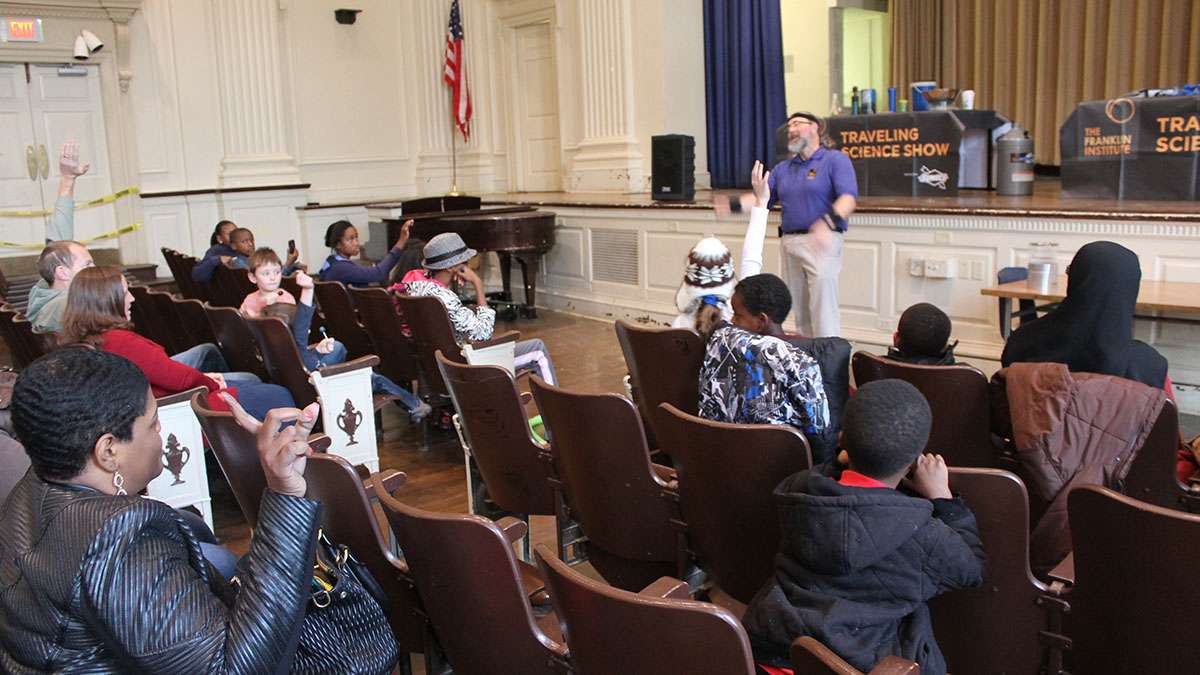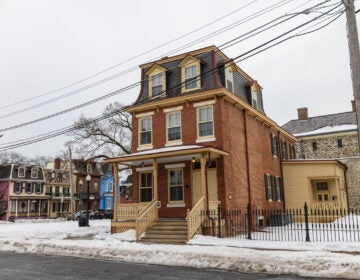Profile: Ali Houshmand, president of Rowan University
Name: Dr. Ali Houshmand
Title: President, Rowan University, a four-year public university in Glassboro (Gloucester County)
Country of Origin: Iran
Education and Experience: Educated as a mathematician and mathematic statistician at England’s University of Essex and as an industrial and operational engineer at the University of Michigan, Houshmand began his career as a staff analyst for United Airlines. He next joined the faculty of the University of Cincinnati, where he served as director of graduate studies and acting director of the Industrial Engineering program. After joining Drexel University as associate provost for Academic Affairs, dean of the Goodwin College of Professional Studies, and interim provost and senior vice president for Academic Affairs, he came to Rowan, where he spent approximately six years as provost/senior vice president of Academic Affairs, CEO, and interim president. He took on the role of president in June 2012.
A Lioness in the Family: Born to poor parents who couldn’t read or write, Houshmand had three brothers who pooled their paychecks to send him abroad for college. Their money covered rent and a meager breakfast, so he worked his way through school by slinging fast food at Kentucky Fried Chicken and washing floors at a bar. He calls his mother “a lioness” whose children all graduated from high school or went on to college.
Why He’s Influential: Since being named CEO and interim president, Houshmand has presided over Rowan during a period of intense transition. Under his command, Rowan has established the state’s first new medical school in 35 years, in addition to folding in the School of Osteopathic Medicine, in nearby Stratford, as part of the much-maligned New Jersey Medical and Health Sciences Education Restructuring Act. As part of the 2012 law, he’s also charged with transforming the school into a nationally accredited research university and working with Rutgers University to cofound a College of Health Sciences in Camden.
What Makes Him an Overachiever: Under Houshmand’s stewardship, Rowan has created its first doctoral program, alongside of several new health-science undergraduate and masters’ degrees and a college of science and engineering. It’s spending $127 million on new business and engineering buildings, plus additional capital improvements to its Glassboro and Camden campuses. The school is partnering with a private developer and the borough of Glassboro on an unprecedented $300 million, 26-acre codevelopment project that is remaking downtown — literally from the ground up. He also aims to spend the next decade doubling enrollment to 25,000 students, tripling endowment to $500 million, more-than-doubling the budget to $1 billion, and nearly quadrupling research funding to $100 million.
Why He’s Controversial: As legislators were working out details of the higher education restructuring act, academics and students at Rutgers, the School of Osteopathic Medicine, and others harshly criticized Rowan for a lack of intellectual rigor. Though somewhat less directly, some of these critics continue to insinuate that Houshmand allowed himself to be played as a pawn by failing to stand up to lawmakers who claimed Rowan could be turned into a respected research university overnight and who sought to boost Rowan’s funding and prestige for their own political gain. To this, Houshmand responded angrily that Rowan’s numbers speak for themselves. “I cannot be responsible for what people say. I can only be responsible for a total of 17,500 applicants for 3,200 seats, the highest number of tenured faculty members in history of Rowan, 10 applicants for every open engineering seat. The facts are very, very clear. Clearly the people who matter are choosing Rowan in mass numbers, and that’s the greatest metric that I can use,” he said.
How he plans to meet his stated goals: “We’re looking at different modes of delivery: weekends, off-campus courses, relationships with community colleges, online classes.”
Why South Jersey – and New Jersey — need him to succeed: According to Houshmand, there are 100 South Jersey residents for every open seat at a local university, compared with an average of 30 Americans for every open undergraduate seat in the U.S. “We don’t have enough high-quality seats for our aspiring college students,” he said. “And for this reason, a very, very large number leave the state.”
Building a Model Community: As for the rehabilitation of Glassboro, which includes a new hotel, student housing and academic buildings, restaurants, an arts district, an entertainment plaza, retail, and an eventual terminus for the PATCO high-speed train line from Philadelphia, he said, “We’re creating a college town (where new businesses” are going to increase ratables to fund schools, police, fire, etc. . . . which cause property values to increase.”
What he does for fun: Though he claims to “think about the job 24 hours a day,” he makes a little bit of time for distance and marathon running, watching college football from the treadmill, gardening and cooking the spicy Indian food he learned to love as a student in the U.K. He finds time to spend with his wife and two grown children.
__________________________________________
NJ Spotlight, an independent online news service on issues critical to New Jersey, makes its in-depth reporting available to NewsWorks.
WHYY is your source for fact-based, in-depth journalism and information. As a nonprofit organization, we rely on financial support from readers like you. Please give today.










